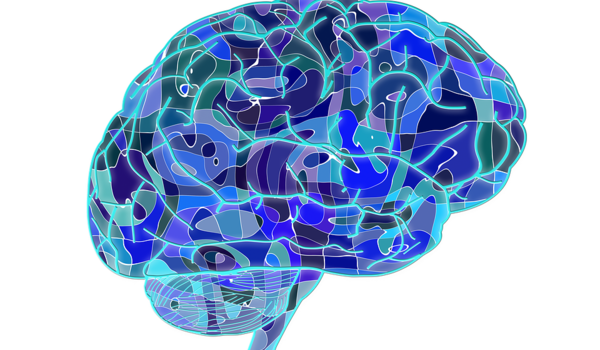There is some evidence to suggest that certain cognitive abilities, such as memory and executive function, may be related to an individual’s risk of infectious disease. For example, research has found that individuals with poorer memory and cognitive function are more likely to have poor hygiene practices, which can increase their risk of infection. However, it is important to note that many factors, including genetics, overall health, and environmental exposures, also play a role in an individual’s risk of infection. It is not possible to accurately predict an individual’s risk of infection based on a single brain game or cognitive test.
If your alertness and reaction time are swinging more than usual, you may be more susceptible to a viral illness. This is the key finding of an experiment led by University of Michigan researchers in close collaboration with researchers from Duke University School of Medicine and the University of Virginia.
“We all know that being stressed or not getting enough sleep predisposes us to having a less resilient immune system,” said Alfred Hero, the John H. Holland Distinguished University Professor of Electrical Engineering and Computer Science at U-M and corresponding author of the study published in Scientific Reports.
“This is the first exposure study in humans to show that one’s cognitive performance before exposure to a respiratory virus can predict the severity of the infection,” he said.
Traditional clinical cognitive assessments that look at raw scores in a single time point often do not provide a true picture of brain health. At home, periodic cognitive monitoring, through self-test digital platforms, is the future of brain health assessment.
P. Murali Doraiswamy
Subtle variations in everyday cognitive performance can signal changes in brain states that are known to increase the risk of illness such as stress, fatigue, and poor sleep. The team wanted to measure cognitive function and explore whether it was predictive of immune performance after exposure to a respiratory virus. Cognitive variability, measured with an at-home, digital self-test, turned out to be very predictive.
The team studied a cohort of 18 healthy volunteers who took brain performance tests three times per day for three days and then were exposed to a cold virus known as human rhinovirus. The software provided 18 measures of cognitive function including reaction time, attention and rapid switching between numbers and symbols, which were combined to derive an index of variability.
“In the beginning, we didn’t find that cognitive function had a significant association with susceptibility to illness because we used the raw scores. But later, when we looked at change over time, we found that variation in cognitive function is closely related to immunity and susceptibility,” said Yaya Zhai, a recent Ph.D. graduate in bioinformatics at U-M and first author of the study. She and Hero led the development of the cognitive variability index.

The team assessed viral shedding by using a saline solution to wash out the nasal passages of participants. They determined the presence of viral infection and the quantity of virus in the fluid by growing the virus in cell culture. As for symptoms, the team used the Jackson score, in which participants rated themselves from one to three on eight common cold symptoms.
“This is an interesting observation in a relatively small study. I hope that there will be a chance to confirm these findings in a larger, more definitive study,” said Ronald Turner, professor emeritus of pediatrics at the University of Virginia, who ran the experiment.
The team is optimistic that smartphone use could eventually help identify times of heightened susceptibility to illness, monitoring cognitive indicators like typing speed and accuracy as well as how much time the user spends sleeping.
“Traditional clinical cognitive assessments that look at raw scores in a single time point often do not provide a true picture of brain health,” said P. Murali Doraiswamy, director of the Neurocognitive Disorders Program at the Duke University School of Medicine, who designed the neurocognitive testing portion of the study.
“At home, periodic cognitive monitoring, through self-test digital platforms, is the future of brain health assessment,” said Doraiswamy.
The study was part of a project funded by the Defense Advanced Research Projects Agency to discover whether it was possible to predict susceptibility to illness in soldiers. That project was led by Geoffrey Ginsburg, then a professor at the Duke Center for Applied Genomics and Precision Medicine, and he led the contingent of the team analyzing blood samples for biomarkers that could indicate susceptibility to illness.
The experiment also discovered a few genetic markers that may indicate reduced immune function, which the team may explore further in future studies. Lumos Labs provided access to their online Neurocognitive Performance Tests but was not involved in the process of conducting the study or the publication of the report.
















